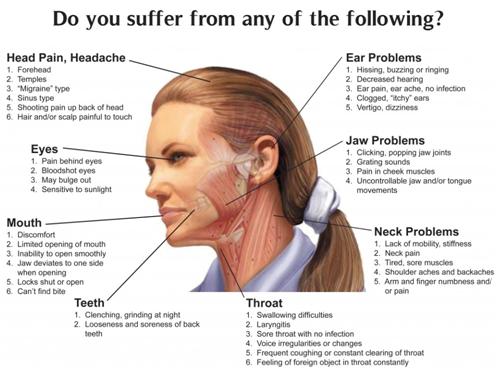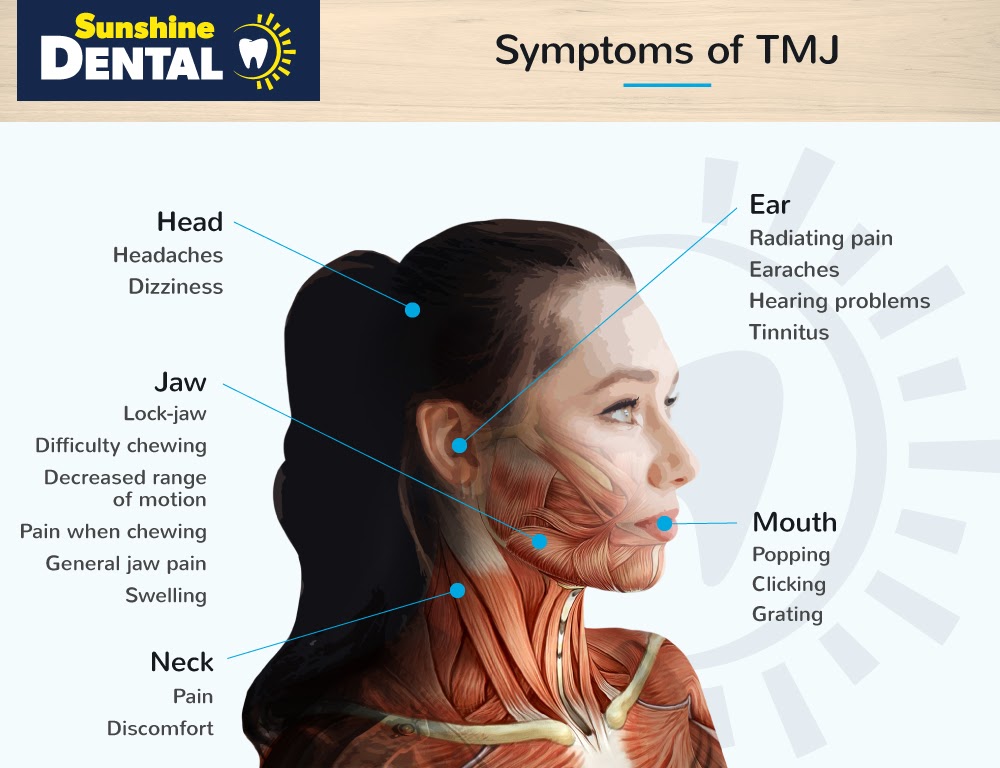
TMJ pain is one of the most common conditions to hit the American population. This condition affects about 8% of the population and can be particularly difficult to deal with. The American Dental Association estimates that up to a third of the population have some form of TMJ pain at some time in their lives.
TMJ pain usually occurs when a joint is injured, such as a fractured jaw. There are many different things that can cause a fracture or injury to a jaw joint, but in many cases it is indeed related to eating habits. If you experience bruxism (loud grinding of your mouth), you may be suffering from pain in the temporomandibular joint.
Temporomandibular joint pain can also occur because you have too much of a certain type of food in your mouth. Often times, people tend to eat their food when they are busy doing something else, and they end up grinding their teeth while doing it. This type of gnashing of teeth is known as bruxism. Often times, people who have bruxism problems do not show any symptoms until they have a more serious health problem, such as a dental problem that causes them to grind their teeth.
It is not uncommon for people to experience pain in the temporomandibular joint due to stress on the jaw. Some of the stress this can cause on the jaw can be directly related to the stress of everyday life – for example, trying to keep up with work. Some people who work with stress for a long time may notice that theirs teeth begin to wear out and hurt.
Some doctors believe temporomandibular joint pain can also be caused by the stress people experience in their lives, or the way they eat and sleep. Stress and the way you eat and sleep can greatly affect the health of your teeth, jaws, and other parts of your body.
There are also people who have no pain symptoms at all and think they have a toothache. In the past, doctors relied on a patient's pain history and told them that he had just had a toothache. They then prescribed medications and hoped that the person would buy the pain.

Unfortunately, if the pain is not relieved, it's very likely that the patient will continue to suffer with it
And with a toothache it can mean that the problem is much more serious than toothache.
TMJ pain is one of those problems that are hard to treat without surgery, because it is a chronic problem. It's one of the most common problems that doctors have seen in patients, and yet so few people realize that it can occur because of such a common condition as bruxism. When you understand the symptoms of TMJ pain, it can help you to recognize the symptoms and be able to help your own condition.
The main symptom of TMJ pain is pain in the jaw. A headache, a burning sensation or tingling in the jaw is also quite common. However, sometimes pain can go beyond the mouth area and can spread down the entire face. This pain can occur even when you're not chewing.
There are several signs that indicate that TMJ pain is going to become worse. Some of these are:
These signs can help to tell you whether or not you need to visit a dentist, but jaw pain is not always a sure sign. Your doctor can order tests to rule out things like misalignment of your jaw, arthritis, or bad bone structure. Other tests like x-rays can also be performed.
If you're having trouble chewing, or if you've ever had pain that doesn't go away after chewing, you should visit your dentist. You may be suffering from TMJ and there's a possibility that there's a dental issue that is causing your pain.